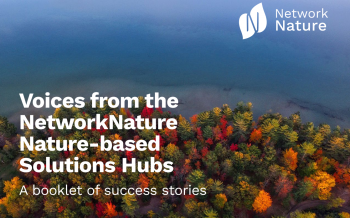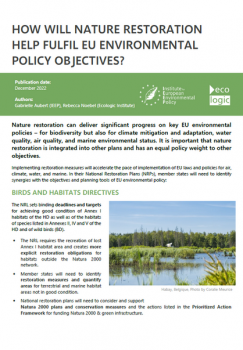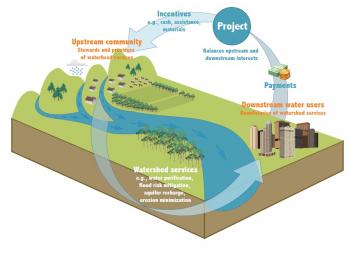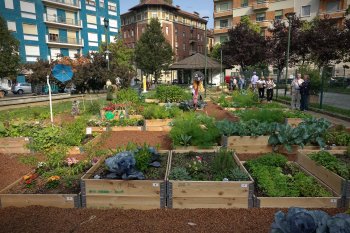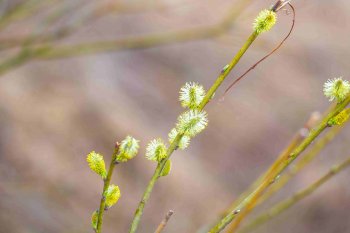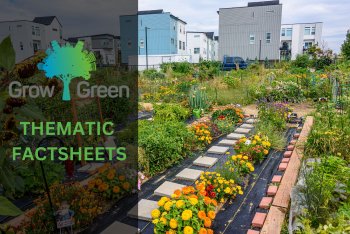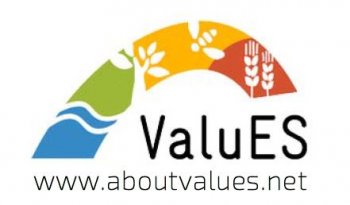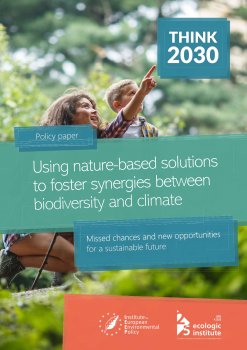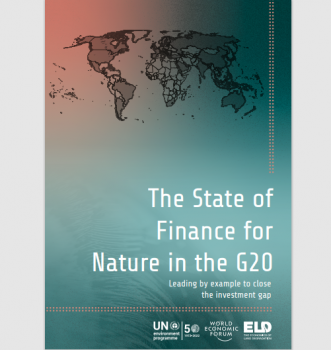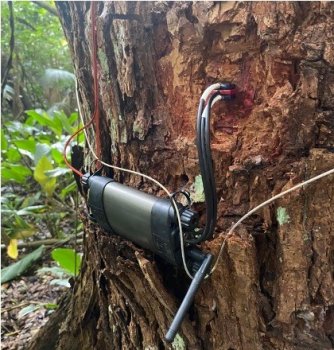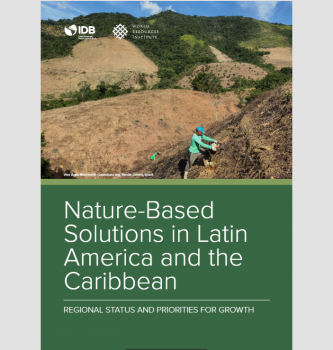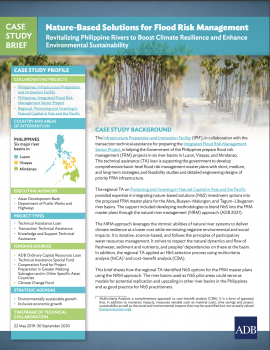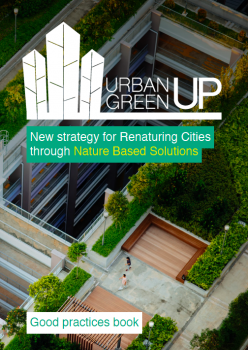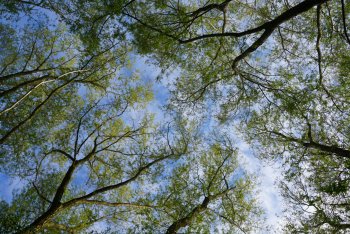BiodivERsA Stakeholder Engagement Handbook
The BiodivERsA Stakeholder Engagement Handbook is a practical guide designed to assist research teams identify relevant stakeholders to engage with in order to enhance the impact and social relevance of their work. The Handbook draws upon exiting literature and presents case studies that provide
Voices from the NetworkNature Nature-based Solutions Hubs - A booklet of success stories
NetworkNature is working to expand the nature-based solutions (NbS) community and provide support for implementing and amplifying NbS. One way we do this is by investing in relationships and working with local partners to grow locally-based networks. This booklet, produced in collaboration with the
How Will Nature Restoration Help Fulfil EU Environmental Policy Objectives?
The EU Commission published its proposal for a new Nature Restoration Regulation in June 2022. In this context, IEEP and Ecologic Institute – as part of the Think Sustainable Europe network – published a series of thematic policy briefs to inform Members of the European Parliament and other
Netbiome-CSA Biodiversity Toolbox
The Biodiversity Toolbox of the NetBiome-CSA network—a partnership for research and sustainable management of (sub)tropical biodiversity in European Overseas Regions (ORs) & Territories (OCTs)—provides a database of stakeholders in biodiversity management and research, including areas of
Payment for Ecosystem Services (PES)
Payment for Ecosystem Services (PES) programmes have been increasingly established across the globe in the last few years. PES is a type of market-based instrument that is increasingly used to finance nature conservation. PES programmes allow for the translation of the ecosystem services (ES) that
Implementation of the NbS Framework in Front Runner Cities
This Deliverable reports on the implementation of the Connecting Nature Framework in the Front Runner Cities Genk, Glasgow, and Poznań. It showcases how the cities made use of the framework to implement their nature-based solutions exemplars, and summarises how the cities’ experiences contribute to
Webinar: Ireland's Contribution to a Greener Future
The webinar "Ireland’s Contribution to a Greener Future", hosted by GoGreenRoutes on 16 March 2021, gathered Irish partners involved in EU H2020 and other funded research projects related to the environment, cities and health and well-being. The webinar opened with presentations from
GrowGreen Thematic Factsheets
The GrowGreen Partners made a collaborative effort for creating a list of factsheets, in order to summarise the results of the various projects. The factsheets are organised by thematic area, that are biodiversity, economic impacts, heat stress, social benefits, water runoff, and water quality.
GIZ ValuES - Method Profile: Participatory economic valuation methods
There is no clear definition of participatory economic valuation methods. wo common features can be identified: a concern with reflecting stakeholders’ own perceptions, references and categories of value, and efforts to ensure that ecosystem service users and beneficiaries are directly
Using nature based solutions to foster synergies between biodiversity and climate: Missed chances and new opportunities for a sustainable future
This paper assesses how EU policies and investments have spurred the uptake of nature-based solutions to support biodiversity and ecosystem health. It outlines remaining gaps and opportunities on how to best scale up efforts to meet the current EU policy framework’s 2030 objectives. It provides
Greater Manchester Natural Capital User Guide
The User Guide gives an overview with links to the range of natural capital tools available, with step by step instructions on how to use them. Short case studies provide examples of how people have used the tools, and a ‘frequently asked questions’ section helps to address some of the barriers
Report: The State of Finance for Nature in the G20
The State of Finance for Nature in the G20 report attempts to capture the complete amount and future need for G20 country spending on nature-based solutions assets and activities. It reveals that current G20 investments in nature-based solutions are insufficient, at USD 120 billion/year, and G20
CONEXUS Life-Lab factsheet series - Monitoring ecosystem services of urban forests in São Paulo, Brazil
Trees offer various ecosystem services that can significantly cool down and improve livability in cities. Through a deeper understanding of these contributions by studying native tree species in São Paulo, we aim to provide the municipality guidelines on vegetation structure and species composition
Nature-Based Solutions in Latin America and the Caribbean
As the world recovers from the global recession and pandemic, investment in development proj- ects and infrastructure is poised to surge (World Bank 2020) . But channeling that investment into traditional infrastructure, often built with concrete and steel, risks accelerating greenhouse gas
Nature-Based Solutions for Flood Risk Management
The Infrastructure Preparation and Innovation Facility (IPIF), in collaboration with the transaction technical assistance for preparing the Integrated Flood Risk Management Sector Project, is helping the Government of the Philippines prepare flood risk management (FRM) projects in six river basins
URBAN GreenUP good practice kit
This kit will help you in using Nature-Based Solutions (NbS) to make your city more liveable and resilient to climate change. It offers a set of best practices and recommendations that cover all the stages of NbS implementation: how to select the right NbS, how to set one up, and how to monitor it
- Document
Index of Biodiversity Potential (IBP): a practical tool for forest managers
The Index of Biodiversity Potential (IBP), designed to integrate ordinary taxonomic biodiversity into routine forest management. A composite indicator that influence the ability of forest stands to support various species
- Document
Use of Bite technology for tree infusion in chestnut groves
Endotherapy offers an efficient alternative for treatments application in chestnut groves
Conexus key learning factsheet series - Supporting Nature-based Solutions via Nature-Based Thinking
In response to critiques of Nature-based Solutions (NbS), we propose a holistic and systemic approach: Nature-Based Thinking (NBT). NBT emphasizes the inspiration from nature to foster sustainable urban development and conceives nature to be intertwined with people. NBT will engage local actors,
- ‹ previous
- 6 of 51
- next ›


